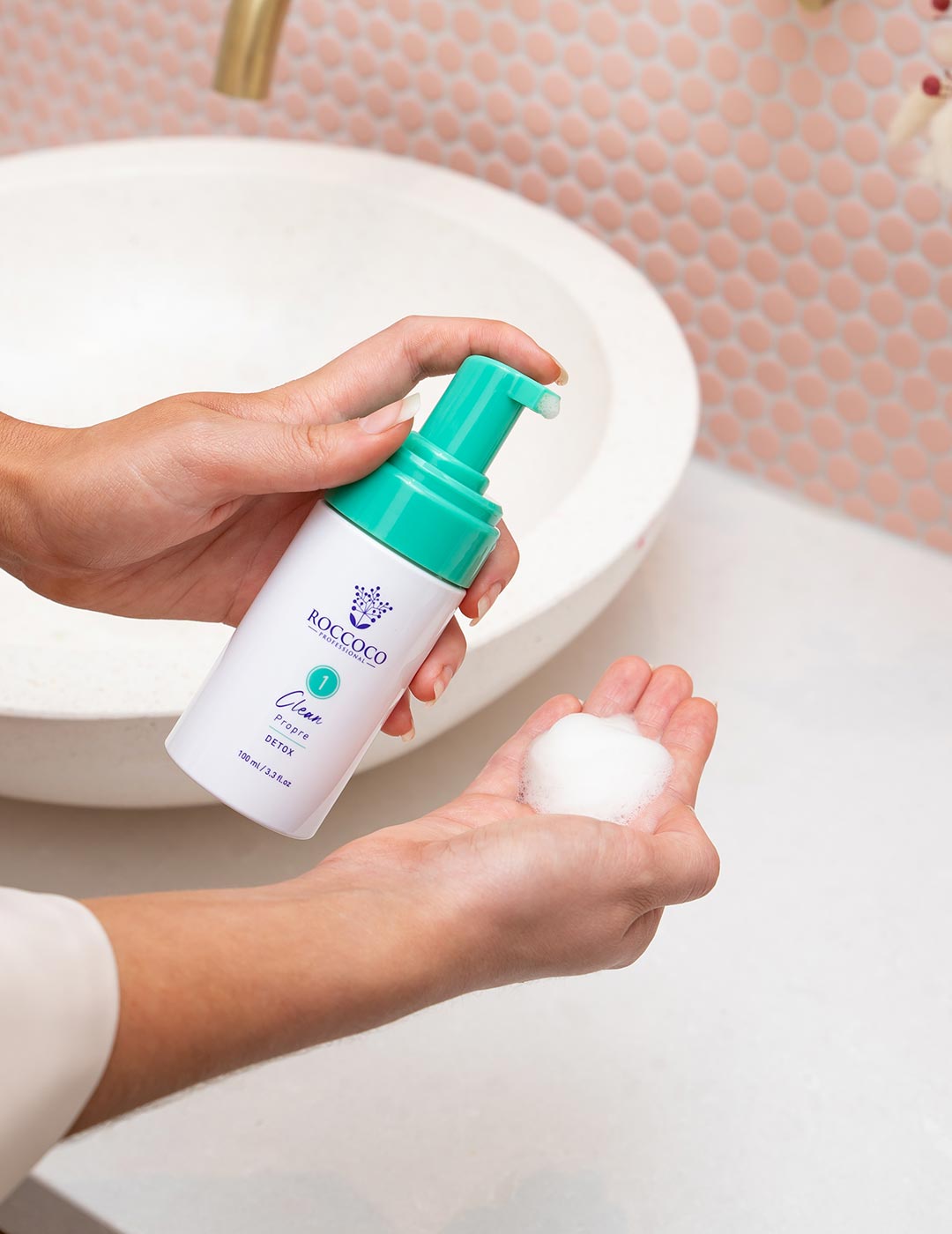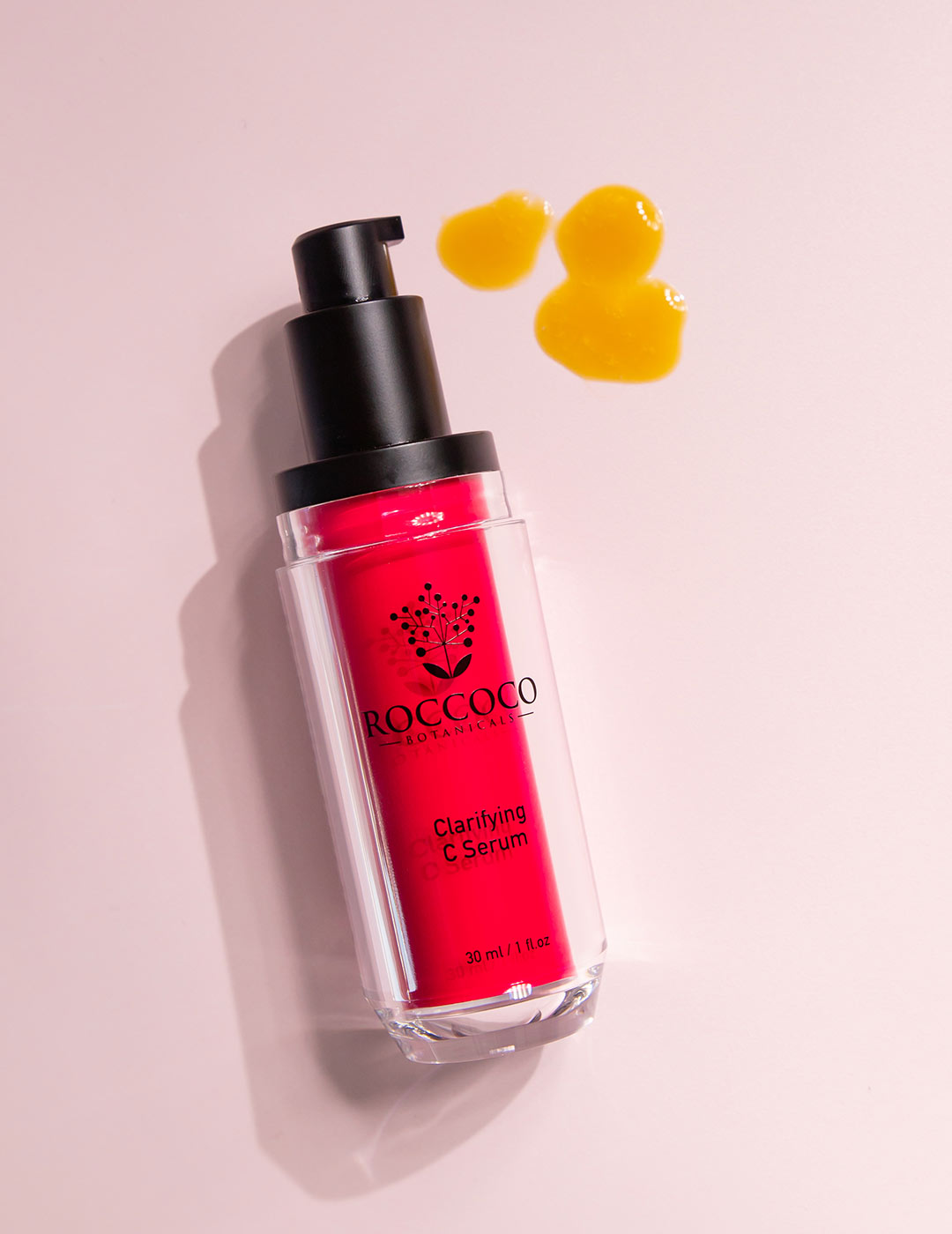Rosacea is a chronic skin disease that affects millions of people from all around the world. This common skin condition is distinguished by facial redness, and acne-like bumps. It ranges from mild to severe and affects people of all ages, genders and skin types. This article provides a comprehensive overview of rosacea, its causes, symptoms and treatments to help you manage your skin health.
What is Rosacea?
Rosacea is a skin condition that causes redness, flushing and acne-like bumps on the face. It primarily affects the cheeks, nose, chin, and forehead and can range from mild to severe. This skin condition can be so chronic that it can last for years and can be very frustrating for those who suffer.

Causes of Rosacea
Unfortunately, the exact cause of rosacea is unknown, but there are several factors that are believed to contribute to its development. Some of these factors include genetics, environmental factors, and underlying skin conditions.
Environmental factors that are believed to contribute to rosacea include things like sun exposure, wind, cold temperatures, and hot drinks.
Now, don't hate us for this one, But, Alcohol and spicy foods can also trigger rosacea symptoms.
Also People with fair skin, family history of rosacea, and who are middle-aged or older are also at an increased risk of developing the condition.
Symptoms of Rosacea
The symptoms of rosacea can vary from person to person and range from mild to severe. Below are some of the most common symptoms are:
- Flushing and Redness of the face
- Face rash or Pimple-like bumps on the face
- Skin thickening
- Dry and sensitive skin
- Eye irritation
- Burning or stinging sensation in face

What happens if Rosacea is not treated?
If left untreated, Rosacea can worsen over time and lead to a number of complications. One of the most common complications is thickening of the skin, known as rhinophyma. This condition is most often seen in men and is characterized by the enlargement and reddening of the nose. In severe cases, rhinophyma can cause disfigurement and affect a person's quality of life.
Untreated Rosacea can also cause permanent redness, visible blood vessels, and small bumps on the face. In some cases, the eyes may become irritated and bloodshot, a condition known as ocular Rosacea. Left untreated, ocular Rosacea can lead to complications such as dry eye, vision loss, and corneal damage.
In addition, the emotional impact of Rosacea should not be underestimated. Studies have shown that Rosacea can have a significant negative impact on a person's self-esteem and quality of life. Many people with Rosacea report feeling embarrassed or self-conscious about their appearance, which can lead to social isolation, anxiety, and depression.
That's why it's so important to seek treatment for Rosacea as soon as possible. With proper management and care, most people with Rosacea can achieve healthy, radiant skin and maintain their quality of life. Don't let Rosacea control your life – talk to a dermatologist and start taking steps to manage your symptoms today.
Diagnosing Rosacea
If you suspect you have rosacea, it's important to see a dermatologist as soon as possible. Your dermatologist will examine your skin, ask about your symptoms, and ask about your medical history. They may also do a skin biopsy to confirm the diagnosis. Roccoco have an online consultation form you can fill in from the comfort of your own home for our team to provide an analysis or any recommendations.
Treating Rosacea
There is no cure for rosacea, but there are some treatments that can help relieve symptoms.
- Topical Creams and Gels
- Antibiotics
- Isotretinoin
- Laser Therapy
- Phototherapy
The best treatment depends on the severity of symptoms and the underlying cause of rosacea. Rococo can work with you to develop a treatment plan that is right for you.

Prevention of Rosacea
As mentioned earlier, there is no sure way to prevent rosacea, but there are steps you can take to reduce your risk of developing rosacea.
- Avoid triggers such as sun exposure, wind, cold or hot drinks
- Use sun protection, such as wearing a hat and applying sunscreen
- Eat a healthy, balanced diet
- Using Gentle Skin Care Products like Roccoco provide
- Avoiding Alcohol and Spicy Foods
Conclusion
In summary, rosacea is a common skin condition that affects millions of people worldwide. There is no cure, but it can be effectively managed with proper treatment and lifestyle changes. The key to managing rosacea is identifying the triggers and taking steps to avoid them. Eating a healthy diet and avoiding alcohol, spicy foods, and stress can also help control symptoms.
If you’re struggling, it is important to seek advice and Determine the best course of action for your skin needs.
In addition to the treatments mentioned, consider using the amazing products from Rococo Botanicals, which have helped many others manage their rosacea. The reasons are that our specially formulated products are made with natural, high-quality ingredients that soothe, moisturize and nourish the skin to help reduce redness and other symptoms of rosacea.
Ready to take control of your Rosacea and achieve healthy, radiant skin?
Start by scheduling a consultation with Roccoco Botanicals. Our team of skincare experts will help you find the right products and develop a personalized plan for managing your symptoms.
Click here to schedule your consultation
Read more

Cellulite is a common and often frustrating concern for many people, but it is important to remember that it is a completely normal and natural occurrence. It is not a sign of poor health or lack o...

Cellulite is a common problem that affects millions of people worldwide. While it's completely normal and natural, it can still be a frustrating and confidence-damaging issue for many people. But f...



